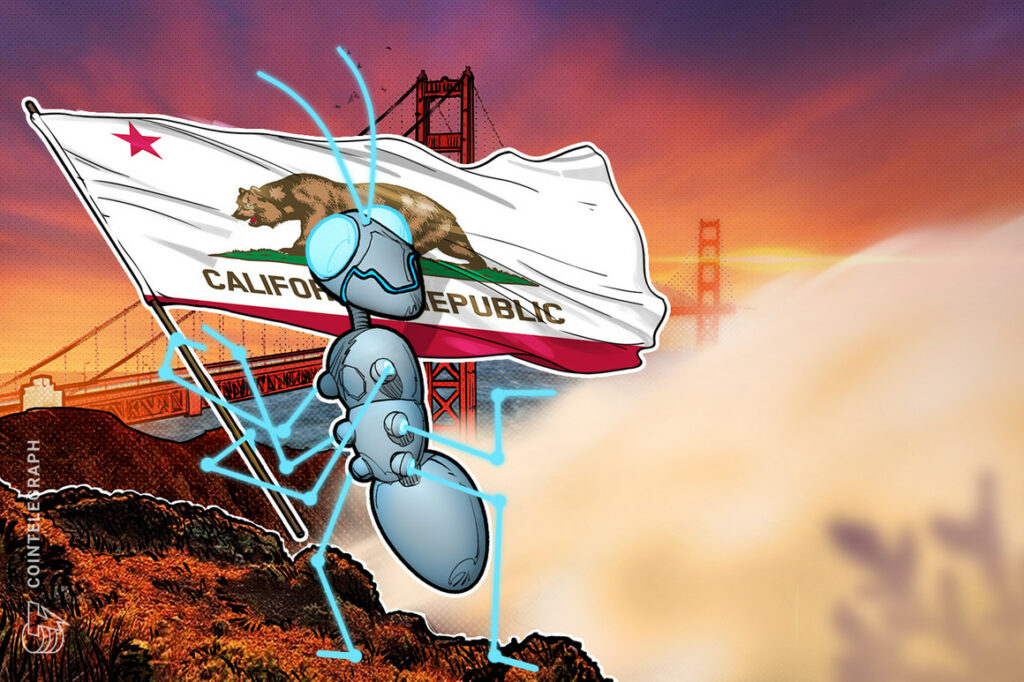Lawmakers in California State Assembly passed the Digital Financial Assets Law, also known as AB 2269, on Tuesday, Aug. 30, The bill is now in the hands of the state’s Governor Gavin Newsom, who will either set it into motion or veto it completely.
This bill requires digital asset exchanges and crypto companies to have an operating license given by the state of California’s Department of Financial Protection and Innovation. Any operations outside of said license will be prohibited. The bill would come into effect on and after Jan. 1, 2025.
If not followed, perpetrators could receive a civil penalty up to $100,000 for each day of violation.
Assemblyman Timothy Grayson (D-Concord), who sponsored the bill, previously stated he understood the excitement around cryptocurrencies and digital assets.
“I’m impressed by the market’s ability to help consumers feel empowered to make financial investments and participate in a system that has, in many cases, felt closed off to them.”
However, Grayson also said the newness brings on risks due to inadequate regulation.
“This bill will provide consumers basic but necessary protections and will promote a healthy cryptocurrency market by making it safer for everyone.”
Currently, the law in place in California is the Money Transmission Act, which t prohibits the business of money transmission without a valid license from the Commissioner of Financial Protection and Innovation.
If introduced, the new bill would also authorize the department to conduct probes of a licensee, among other things.
Related: California again allows crypto contributions to state, local political campaigns
Regulators in California have been actively keeping tabs on the crypto space. In May, Newsom signed an executive order to align the federal and state regulatory frameworks for blockchain.
Lawmakers in the state also told consumers to take “extreme caution” when dealing with interest-bearing crypto-asset accounts.
This comes as a new CoinGecko survey reveals California to be the state most interested in Bitcoin (BTC) and Ether (ETH), based on internet search data.

